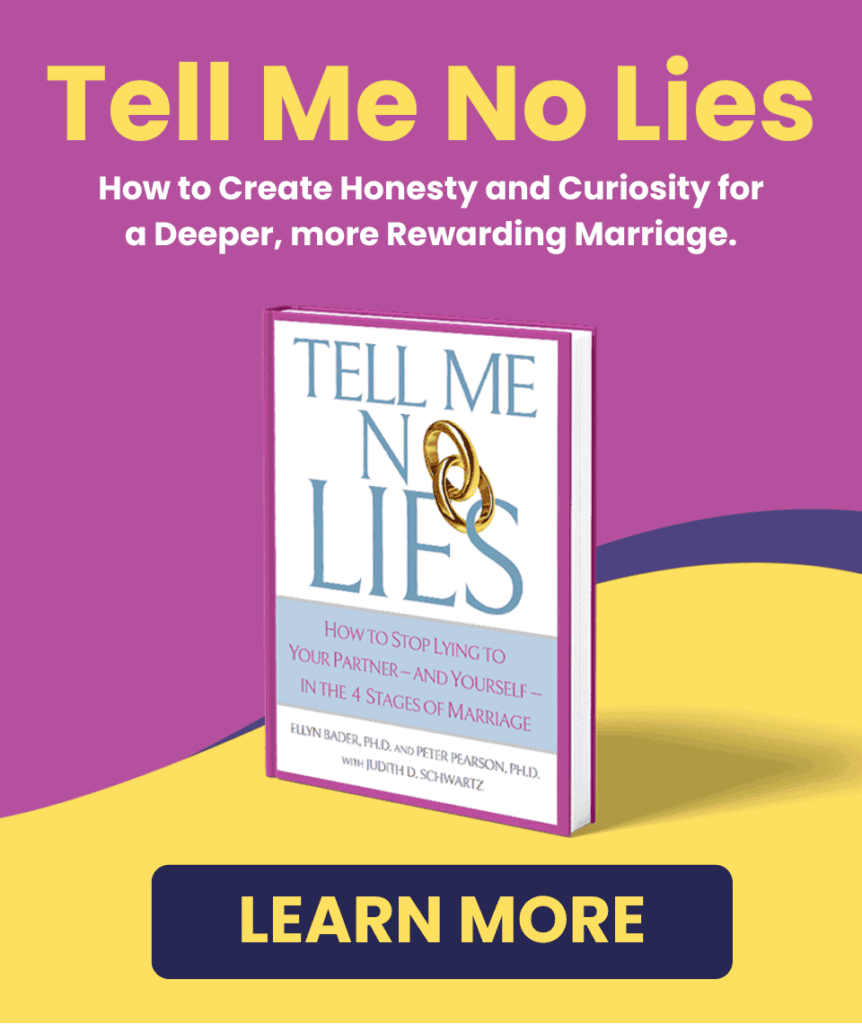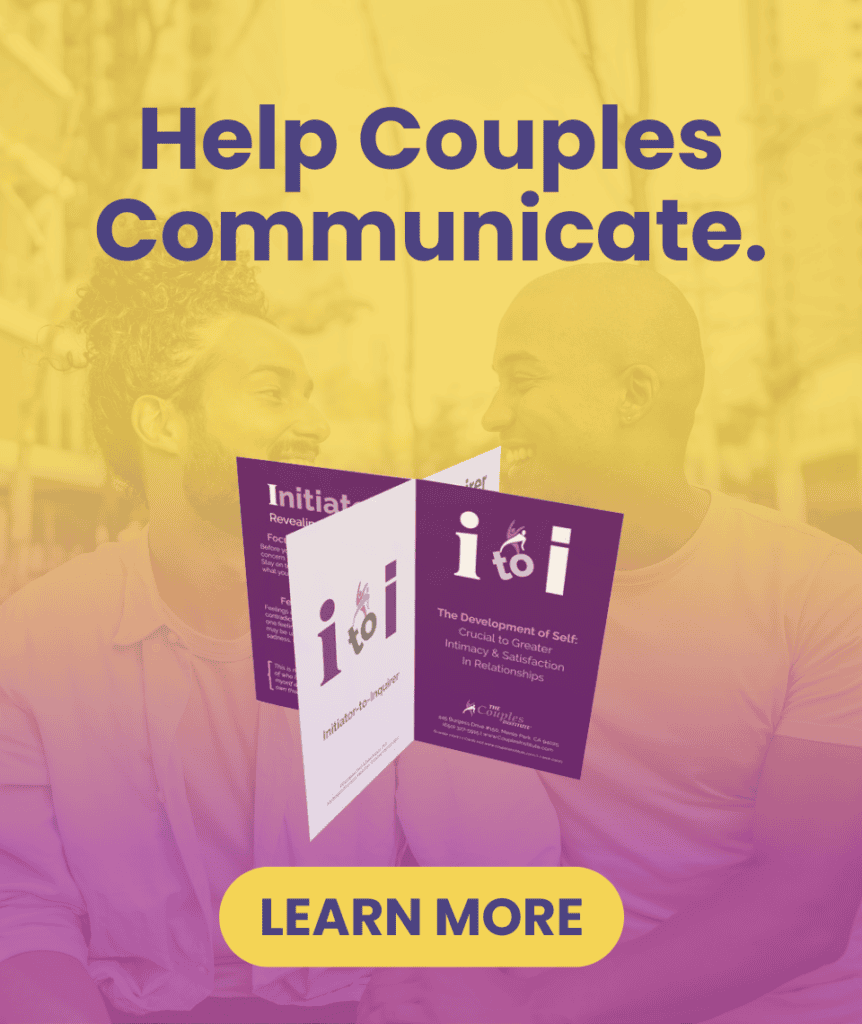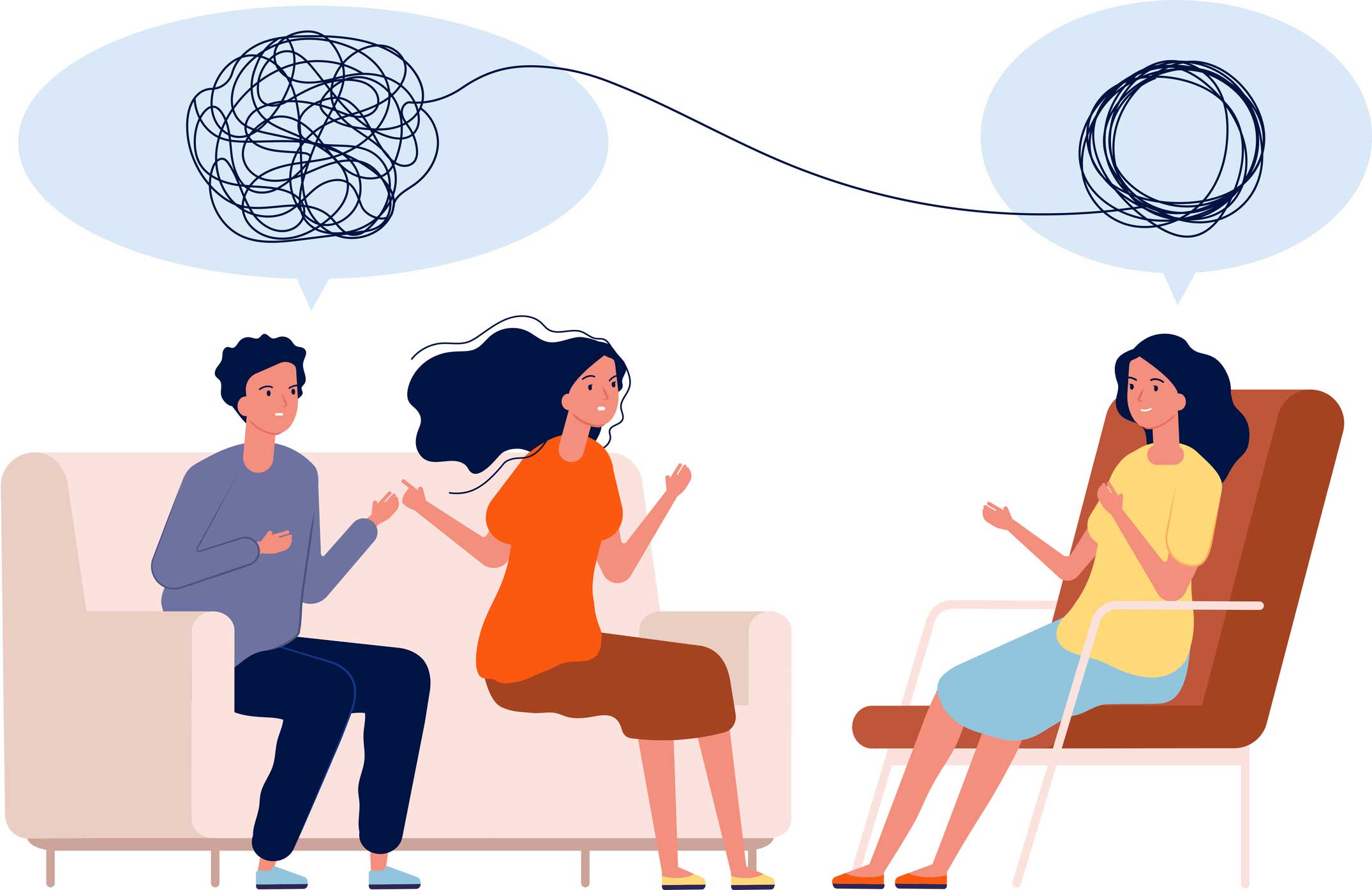Valentine's Day practically forces most couples to focus on their relationship. But in fact it's not a bad thing to remind.each other of your appreciation and affection for one another.
So take a moment to offer flowers, candy, dinner, gift or card for your partner. Giving your time, energy, and thoughtfulness can be like watering a wilting flower in the desert. But there is one more gift you may not have thought about.
The gift is initiating a discussion with your partner about your relationship with work. There are times in many peoples' lives when work is their passion and becomes a magnet for most of their life energy. Not surprisingly, this intense focus can create deficits in other life areas.
But are you really a workaholic? Find out now by taking this brief quiz adapted from Julia Cameron's book, “The Artist's Way,” to help you figure out if you have workaholic habits. Even better, ask a few members of your family, or a few friends, to take the quiz for you. You may be surprised by what you discover.
Mark each statement “true” or “false.”
1. I work beyond normal office hours.
2. I cancel dates with friends or family members to do more work.
3. I postpone outings until the deadline for my project is done.
4. I take work with me on vacations.
5. I take my laptop with me on vacations.
6. I take work home with me on weekends.
7. I rarely or never take vacations.
8. My family and/or friends complain that I always work.
9. I seldom allow myself free time between projects.
10. It's a challenge for me to finish tasks.
11. I set out to do one job and start on three more at the same
time.
12. I work in the evenings during family time or when I could be
reading for pleasure.
13. I allow calls and email to interrupt-and lengthen-my workday.
14. I don't make time for creative work/play a priority in my
day.
15. Work always comes before my creative dreams.
16. I always take calls on my cell phone; it is never off.
17. I rarely allow myself time to relax.
18. I use the word “deadline” to describe and rationalize my
workload.
19. I often take a notebook or my work numbers with me when I go
somewhere, even to dinner.
If you answered more true than false, you may benefit from exploring your attachment to work. For people with workaholic tendencies, work is often synonymous with worth, so the more they work, the better they feel. Work can also be a way to avoid looking at other issues in your life.
While working long, hard hours may help you accomplish a primary work goal, it likely will leave other areas of your life – family, friendship, intellectual stimulation, etc. – in shambles.
Work can nourish your need to feel important, valued, creative, stimulated, energized, or even in control. We may feel just the opposite in other areas of our life. So why would anyone want to give up this addiction?
Like most addictions, the catalyst for change starts from outside the addict. The addictive behavior serves as a coping mechanism. Giving it up requires facing potential unwanted challenges in other areas of life, but it offers the promise of better health, greater life satisfaction and stronger relationships.
If this quiz reveals that you have a workaholic bent – congratulations for having the guts to be more objective about yourself. Recognizing a problem is always the first step towards solving it. Take some time to list the intangible benefits you get from your hard work. I'm not talking about money or material things. What do you get emotionally?
Next, write down some of the things you sacrifice in your home or relationship. If you think your work habits don't affect anyone else, think again. If you really can't identify areas where your excessive work is a drawback, ask your partner to list just a few points.
And now for part two of the gift. After reflecting on your attachment to work and its rewards and penalties, make a date with your partner. If you have kids, you arrange for the child care and select a quiet place to go.
Then you initiate the topic of your relationship with work, why it is meaningful and what the downsides have been. Ask your partner to please listen and support you in this discussion. If they start accusing and blaming, remind your partner you acknowledge the problem that they have been howling about for so long and you realize it's about time you woke up.
Your offer of openness and one or two suggestions about your intention to be more balanced will be a gift remembered long after the traditional Valentine flowers have wilted. It's also a gift to yourself.
Until next month,
Dr. Peter Pearson
P.S. It probably comes as no surprise that when one partner is a workaholic, the spouse of the workaholic has the biggest problem. If you are the spouse who is troubled by a workaholic partner, the best thing you can do is to communicate on the subject in an open, curious, non-defensive way.
Click here to subscribe to “Love That Lasts.”
© Copyright MMIV The Couples Institute



 We respect your privacy.
We respect your privacy.

